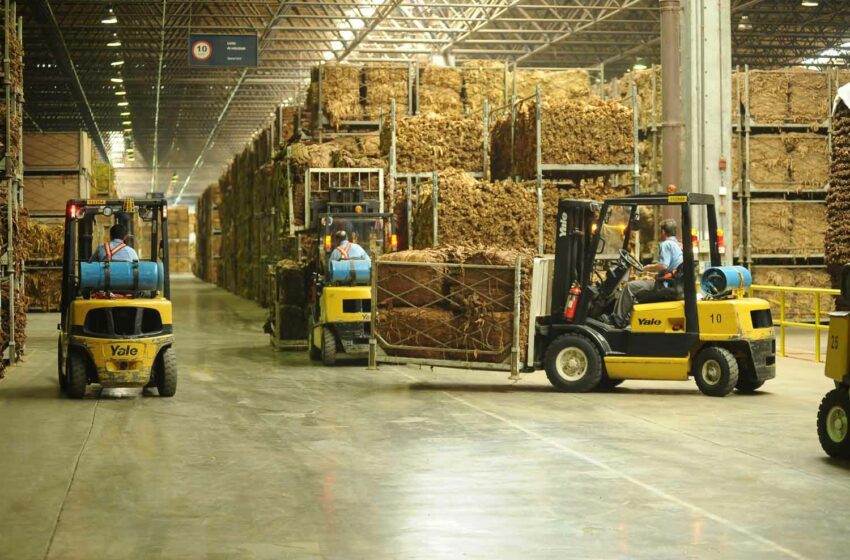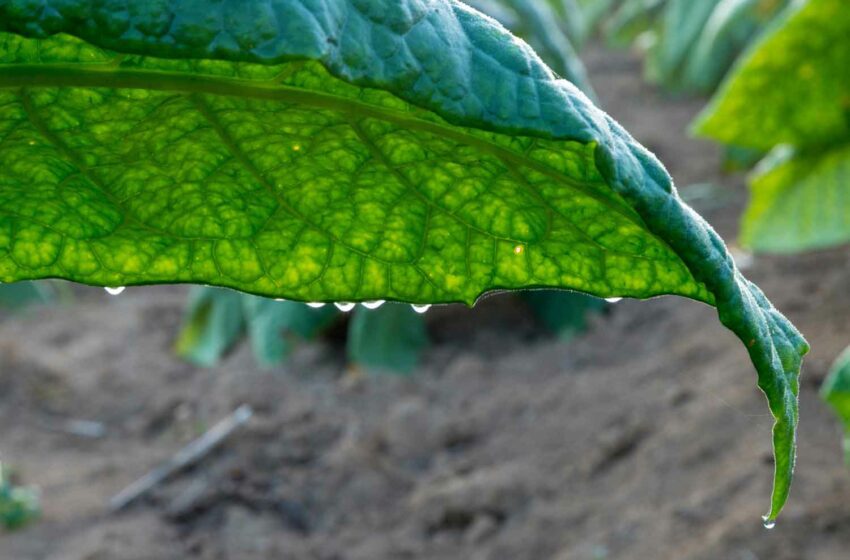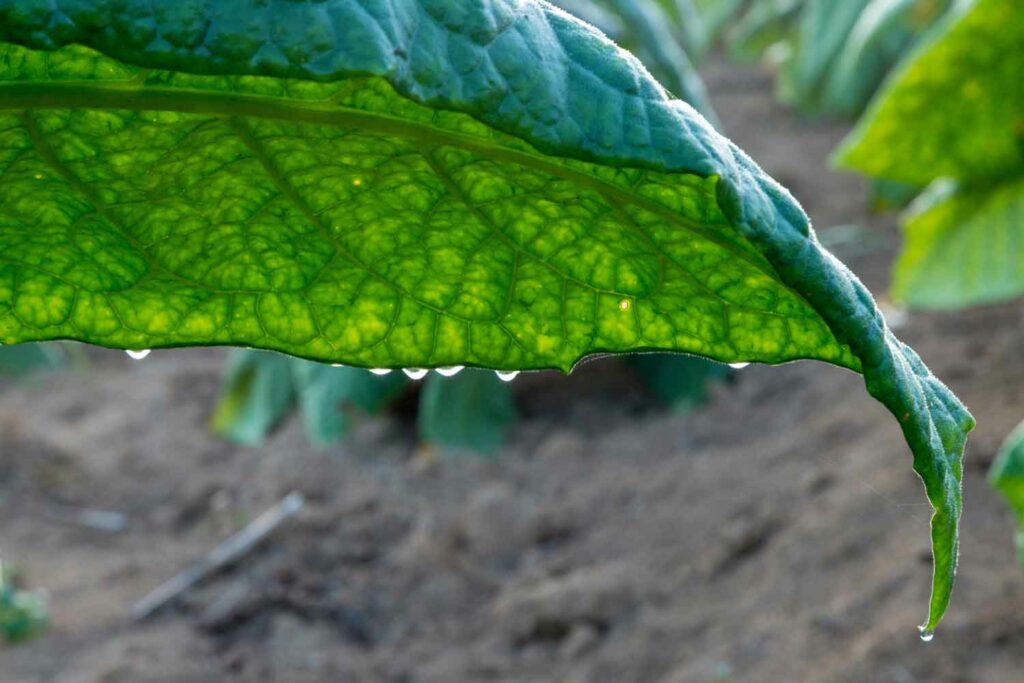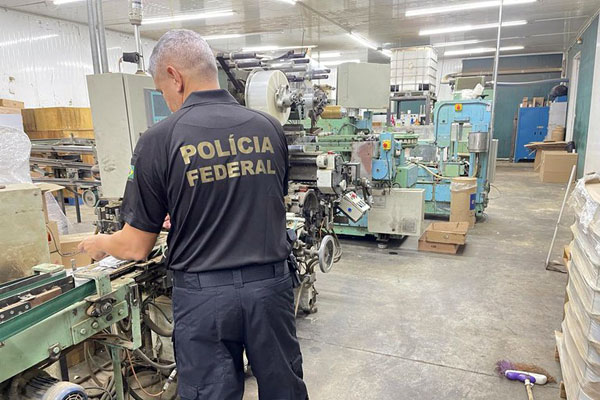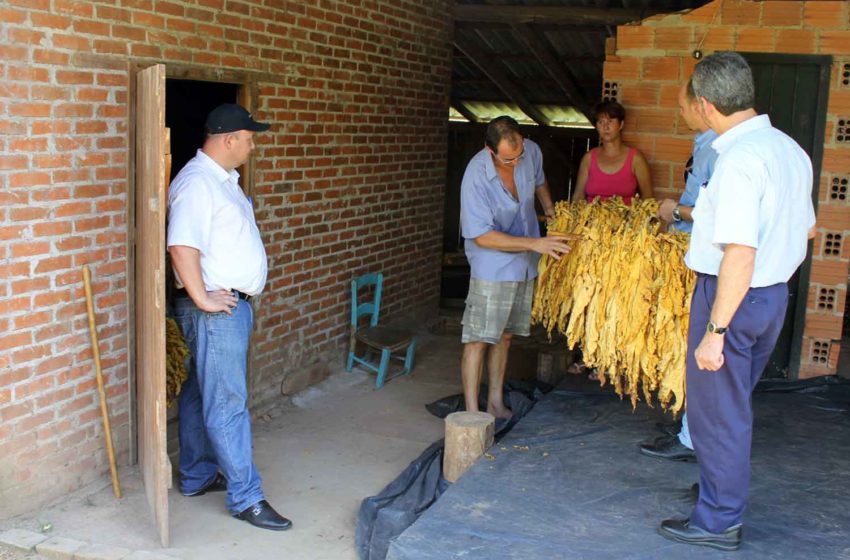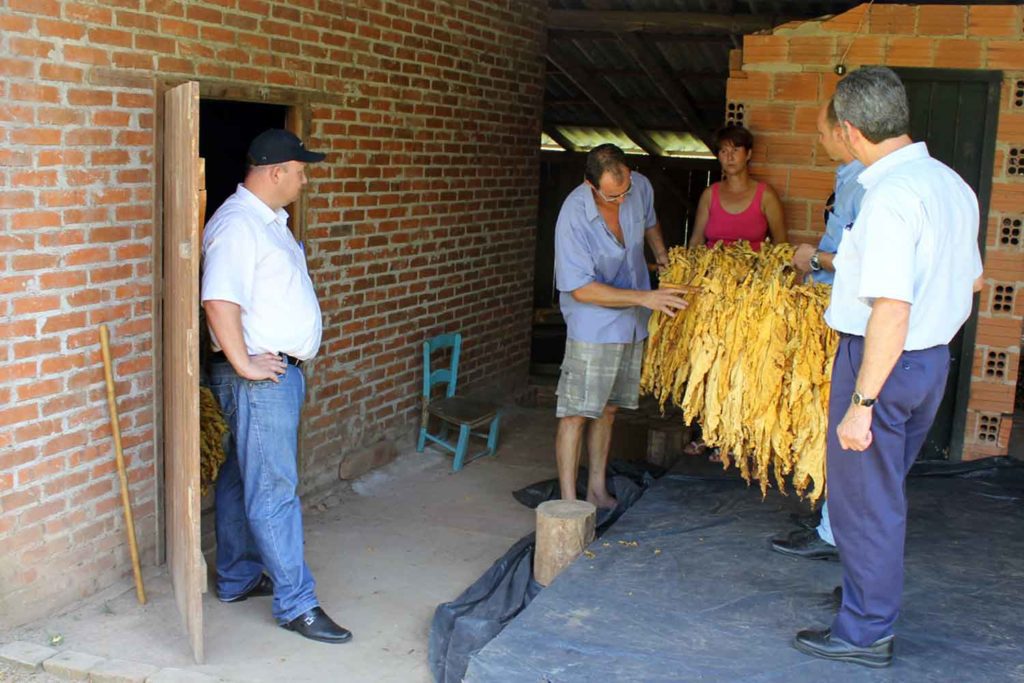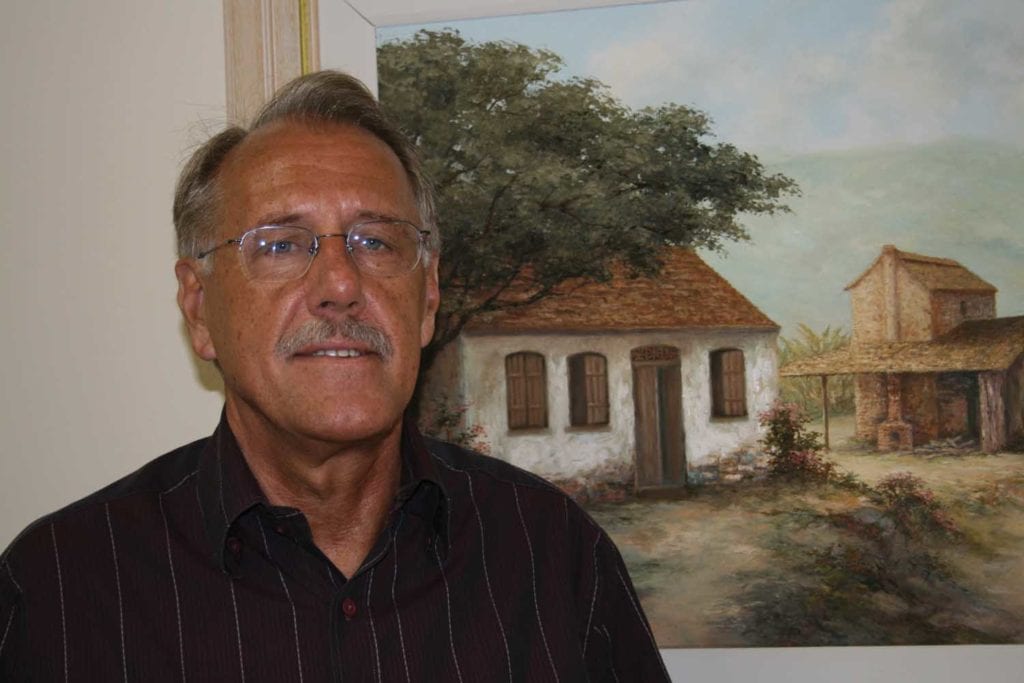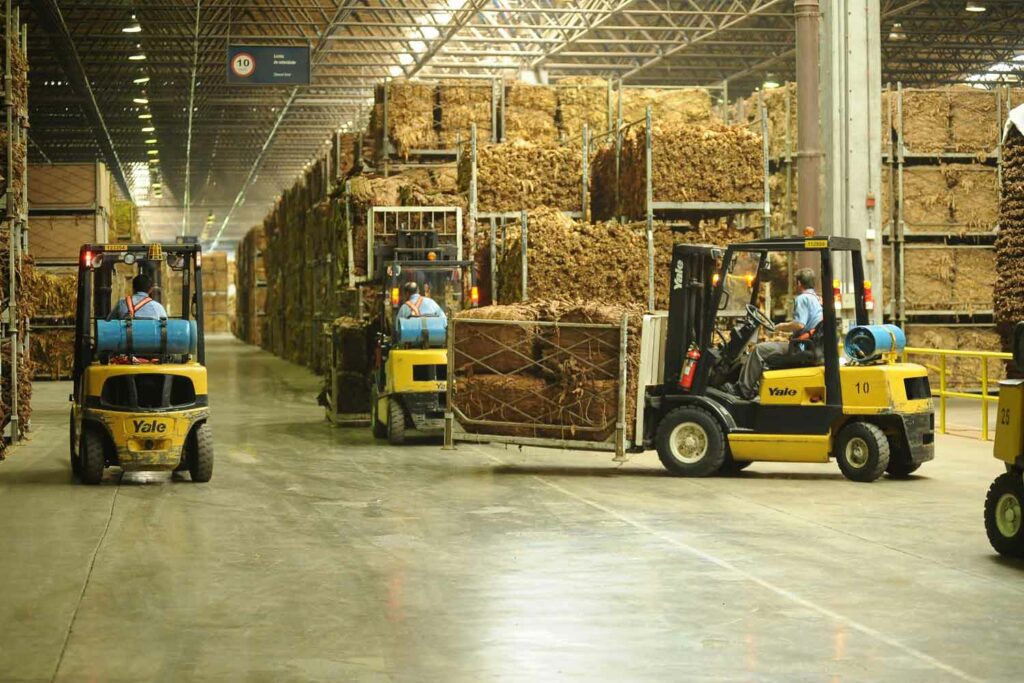
A program to prevent container theft in southern Brazil is proving successful, according to the Interstate Tobacco Industry Union, SindiTabaco.
In 2019, the sector recorded 26 thefts throughout the region; in 2022, there were only eight, and only one of these occurrences took place in Rio Grande do Sul, the center of Brazil’s cigarette tobacco industry.
In 2023, the industry lost six containers to theft, including four raw tobacco cargoes and two containers with processed tobacco for export.

During a Dec. 12 meeting with public security officials, SindiTabaco president Iro Schuenke urged stakeholders to remain vigilant as movements of containers intensify during the next months.
Thieves are increasingly targeting processed tobacco, he noted, citing recent thefts of cargos heading to the port of Rio Grande.
During the meeting, participants discussed theft-prevention measures such as increased police escorts, traveling in truck convoys and predetermining stops for drivers.
Tobacco exporters and shippers, meanwhile, are evaluating ways to reduce the time it takes for the containers to arrive at the port, so as to avoid, for example, evening transportation.
“If evening transportation is absolutely necessary, the companies can previously contact the security organs asking for an escort to accompany the truck”, said Regional Police Chief Officer Luciano Fernandes Menezes.
To help tobacco shippers improve security, SindiTabaco has prepared an information leaflet with best practices.

